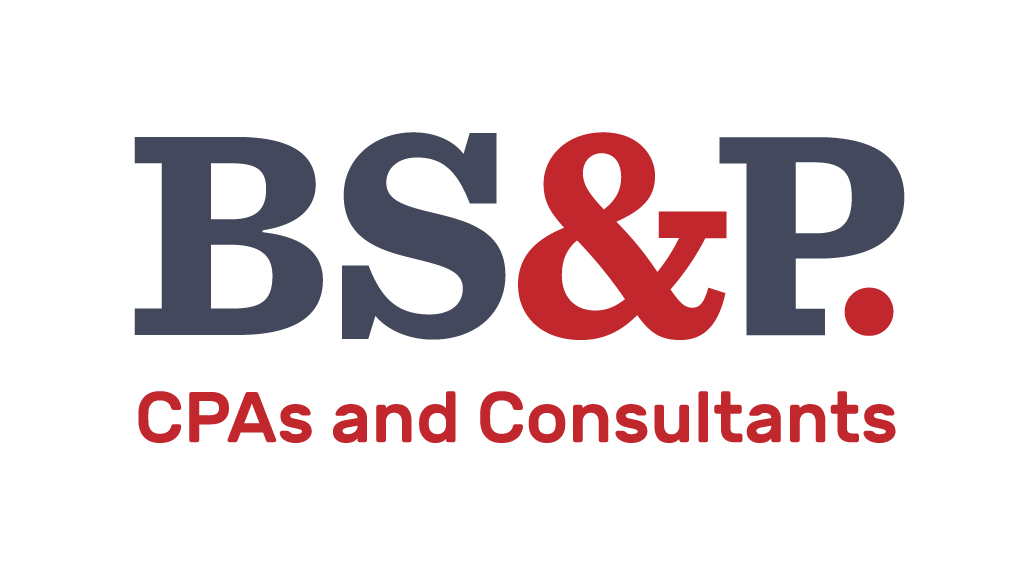If you own a small family business, you’ve probably heard of “buy-sell agreements.” In fact, your professional advisors may have mentioned the need for one.
A buy-sell agreement has three main functions:
- To ensure an orderly transfer of your business when you die,
- To set a value on the business for transfer and tax purposes, and
- To plan the succession of an owner who is disabled and can’t contribute to the bottom line.
Generally, the disability provisions that should be incorporated in a buy-sell agreement are income replacement, overhead expense payments, and ownership interests. Correspondingly, there are three types of disability insurance that should be considered for inclusion in the terms of your agreement:
1. Disability income insurance. These policies provide a monthly benefit to replace income paid to a disabled person (an owner or employee). The premium tends to run about 1% to 2% of the person’s annual salary for salary replacement through age 65, and the benefit is usually tax-free provided the recipient paid premiums out of his or her pocket. If the company pays the premium, the cost is generally higher but the premium is tax-deductible for the company and the benefit is taxable to the recipient.
Of course, it’s expensive to simply continue paying the salary of someone who can’t contribute, even if that person is the owner. So disability income insurance is a low-cost way to protect an asset — the owner’s income — while protecting the company’s cash flow. There are many features available to enhance policy benefits.
2. Business or professional overhead expense insurance. This is important coverage for a business with a sole owner. The disability income insurance described above replaces income, but doesn’t pay the day-to-day costs of running a business when the owner is disabled. Rent, utilities, salaries, and other overhead costs don’t just go away. If there’s a chance the owner will return to the business, this insurance increases the likelihood there will be a business to come back to. If disability triggers the sell provisions of a buy-sell agreement, overhead expense payments ensure there’s a viable entity to sell.
3. Disability buyout insurance. If the disabled owner is unable to return to work, disability buyout insurance can enable the business (or the buyer under a buy-sell agreement) to buy the disabled person’s interest at a predetermined monthly, annual or lump sum payment level. Disability buyout insurance doesn’t preempt disability income insurance, so the disabled owner gets a fair price for his or her business interest and continues to receive the agreed-upon disability income insurance payments.
It’s easy to skip disability provisions in buy-sell agreements — in fact, many professionals look at buy-sell agreements as only a way to maintain liquidity and pass on the business interest after the death of an owner. Yet some statistics show that people are more likely to become disabled while working than they are to die. Doesn’t it make sense to protect your ability to earn a living? After all, that’s your most valuable asset.
